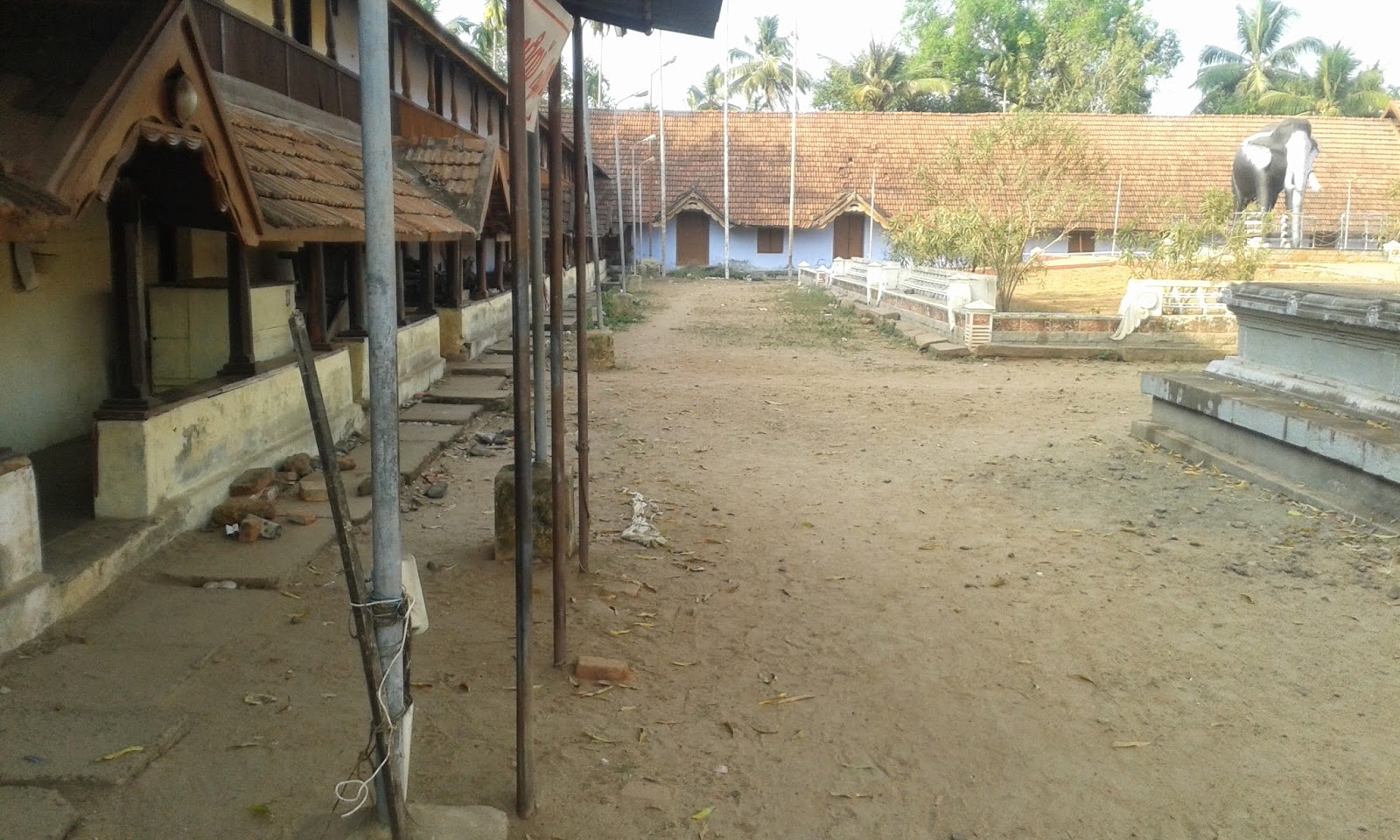A look at the world of politics, statecraft, diplomacy and books
Tamil literary scene is said to be vibrant and the recent novel by Perumal Murugan, One Part Woman is touted as an example of a renaissance in Tamil Literature. Caste is always simmering under the surface of Tamil society and the Dravidian Movement has made caste the central icon of Tamil identity and politics which valorizes a politicized linguistic consciousness. The Brahmin was the focus of much of the venom unleashed by the Dravidian Movement and even E V Ramaswamy Nayakkar or Periyar as he is fondly called made Brahmin bashing an acceptable part of Tamil public behaviour. Today when brahmins has been driven out of Tamil Nadu and the intermediate castes which inherited the spoils of the Dravidian Movement and its politics are busy fighting among themselves and are united only against the dalit population. The ugly reality of Tamil society today is that caste is the only theme which writers want to explore. Murugan, a teacher of Tamil at Namakkal has published a novel which the intermediate landed caste of the Konku region, the Konku Vellalars, find extremely offensive. The novel,
One Part Woman is set in the Konku region around the town of Tiruchengode, a taluq headquarters in Salem district.
Konku which consists of the hilly tracts of the Western Ghats was the last frontier of Tamil society and throughout its long history was bone of contention between powerful neighbours. The Pandyas, the Cholas and the Hoysalas all contested for supremacy over this region. Obviously the area has a violent and turbulent past which can be dealt with in a fairly interesting and engaging manner. However we do not find this novel doing either.

There has been outrage in Tamil Nadu against this novel. The writer/novelist in a dramatic facebook post declared that the novelist Murugan is dead and only a "stupid teacher" Murugan is alive. This provided the signal for all the usual suspects of the Tamil Literary scene, N Ram, A R Venkatachalapathy, Meena, Chandru and others to rally in support of the author on the ground that his artistic freedom has been curtailed by the forces of "cultural fascism". Nothing can be more untrue than this. A conspiracy theory was floated that because the Vellalar Gounders are running Teaching shops in the form of cram schools in Namakkal that community is funding the anti Murugan agitation and the author played along by pretending to be a martyr to the cause of freedom.
There is a great deal of ethnographic information available about the Konku region and there is no material which supports the central theme of the novel that the Ardhanarisvara Temple situated atop a hillock near Tiruchengode was ever the site of the seedy scene that Murugan describes. He argues that women visited this temple to beget children and were impregnated by men who were not their husbands. Obviously the Konku Vellalar community is up in arms against the depiction of their women as unchaste and more pertinently, causing a veil of suspicion to fall on the ancestry of the community. The Konku Vellalars are divided into 24 territorially segmented nadu grouping as suggested by the ethnographic research of Brenda Beck. Under these circumstances it would be impossible for such a custom to be even plausible. A false and contrived social custom is sought to be foisted on to the Konku Gounder community. There is no historical or ethnographic material to even remotely suggest the existence of the surrogate impregnation that Perumal Murugan has described in his book. I do not contest his right to write rubbish, but let him not say that he has written a piece of social history in the form of a novel.
The language used in the book is vulgar and tasteless. Kinship is respected in Tamil society and the elder brother's wife is called
anni. It is not possible for a brother to say in the context of Tamil society' "Just find out and let me know if my sisters-in-law will take care of that" (86). The context of this quote is so tasteless and vulgar that I have refrained from quoting it in full. And there are many such instances of vulgar, tasteless language.
On page 98 Perumal Murugan writes: At the peak of the celebrations all rules were relaxed. The night bore witness to that".
This book does not deserve the attention it has received. Of course, I do not say that it should be banned. It is just a piece of trash thta deserves to be ignored.















